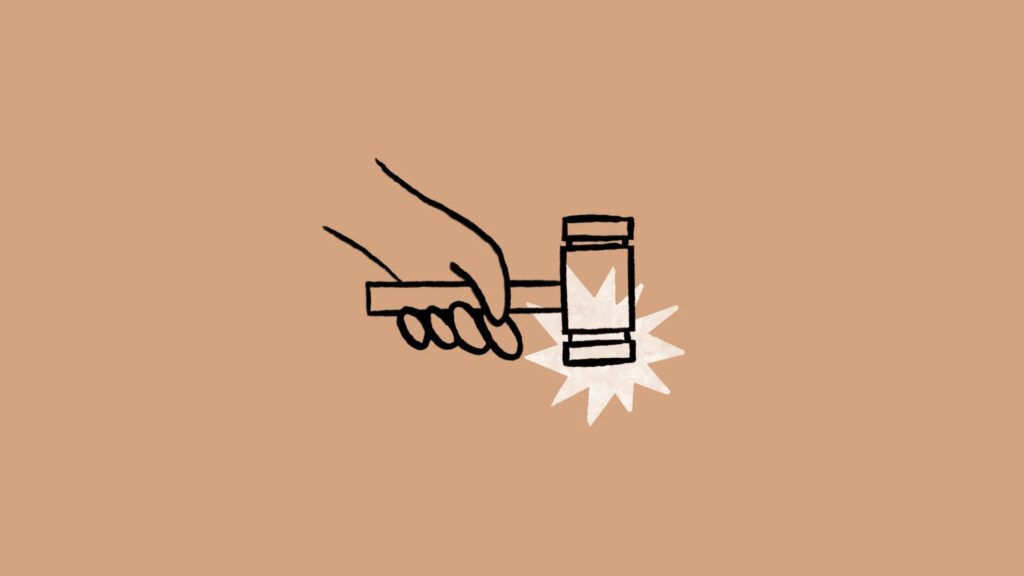Authors Sue AI Firm Anthropic Over Allegations of Copyright Infringement
In a significant legal action, three authors—Andrea Bartz, Charles Graeber, and Kirk Wallace Johnson—have launched a lawsuit against AI startup Anthropic. They allege that the company unlawfully utilized their copyrighted texts to train its Claude language models without seeking permission.
The authors assert that Anthropic engaged in “piracy” by downloading unauthorized versions of their published works from illegal platforms, thereby allegedly contributing to the formation of a "multibillion-dollar business" through the act of stealing “hundreds of thousands” of copyrighted titles. The complaint filed in a California court suggests that Anthropic knowingly circumvented copyright laws and engaged in a widespread appropriation of intellectual property to enhance the performance of its AI systems.
Although Anthropic has acknowledged the lawsuit, they have refrained from making any detailed comments concerning the accusations. This case adds to a growing trend of litigation against AI companies, including tech giants like Microsoft and OpenAI, centered on the use of copyrighted materials for the development of large language models. This legal battle highlights the escalating friction between content creators and AI entities regarding intellectual property rights.
Central to the lawsuit is the claim that Anthropic relied on a dataset known as ‘The Pile,’ purportedly incorporating pirated ebooks from a collection called ‘Books3,’ which is said to contain nearly 200,000 texts sourced from unauthorized websites. The authors contend that Anthropic consciously opted to utilize these stolen works instead of pursuing the necessary licensing agreements.
The complaint argues that Anthropic’s actions have adversely affected the authors’ potential revenue, depriving them of both book sales and licensing opportunities. The lawsuit further states that the AI models developed by Anthropic are now in competition with the very works created by human authors, undermining their livelihoods.
Anthropic’s Claude models are positioned as direct competitors to popular AI chatbots like OpenAI’s ChatGPT, and the company has gained significant financial backing, boasting a valuation exceeding $18 billion. Critics of the AI industry argue that firms must compensate authors and publishers whose works are used as training data. Some tech companies, including Google, have started licensing agreements with news organizations and various content creators as a response to these concerns.
On the contrary, AI developers maintain that the use of copyrighted materials falls within the boundaries of ‘fair use’ as outlined by copyright law. They argue that the output of their models does not replicate exact copies of the training texts, which complicates the legal narrative surrounding the issue.
The core of the lawsuit signifies a broader struggle for authors seeking to reclaim control over the use of their intellectual property in AI applications. These creators argue that organizations profiting from artificial intelligence must acknowledge and financially support those whose works have contributed to the advancement of technology.
As this litigation proceeds, it stands to potentially redefine the norms surrounding licensing and copyright in the AI sector. If the courts determine that Anthropic—and other AI firms—must secure licenses for every copyrighted work utilized in training their models, it could lead to heightened operational costs and increased complexities in AI development.
Despite Anthropic’s claims of prioritizing the development of “safe and ethical” AI technologies, the lawsuit directly challenges this narrative, asserting that the foundation of their business is allegedly built upon copyright violations.
The authors are seeking statutory damages for what they are calling willful copyright infringement, alongside an injunction to halt Anthropic’s use of their works without consent.
As AI technologies continue to evolve, the discourse surrounding intellectual property rights is expected to intensify. The balance between protecting creators’ rights and providing AI developers with access to expansive datasets for training will set the stage for future innovations in the field.
This case, filed under Andrea Bartz et al. v. Anthropic PBC, is currently making its way through the US District Court for the Northern District of California, with the implications potentially shaping the future landscape of AI development and content creation.
In summary, as legal disputes like this one arise, they signal a pivotal moment for the AI industry. Their outcomes could fundamentally alter the relationship between technology developers and content creators, establishing new precedents for how copyrighted material may be utilized in the rapidly advancing world of artificial intelligence.




